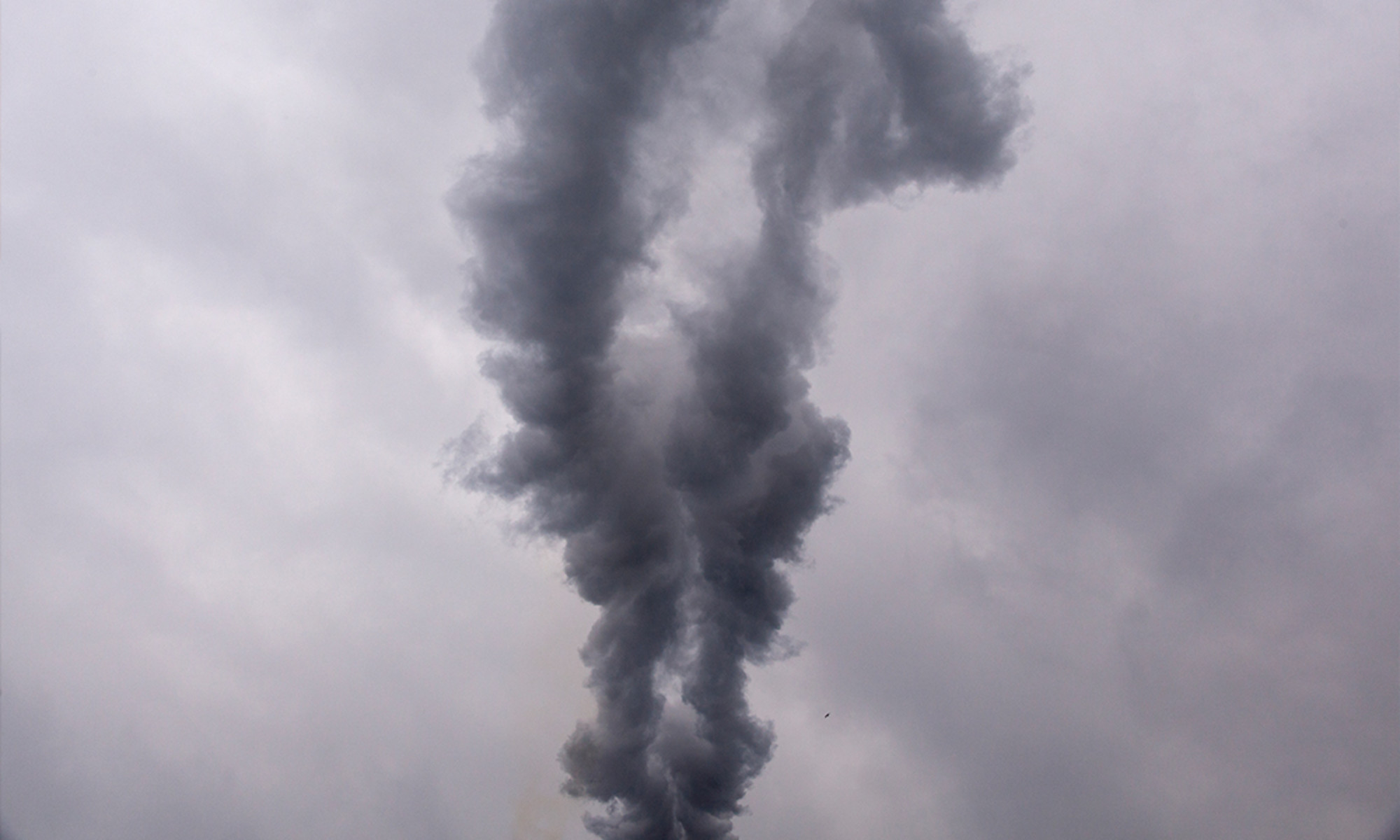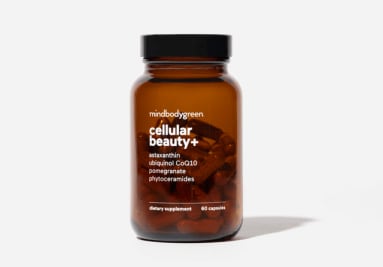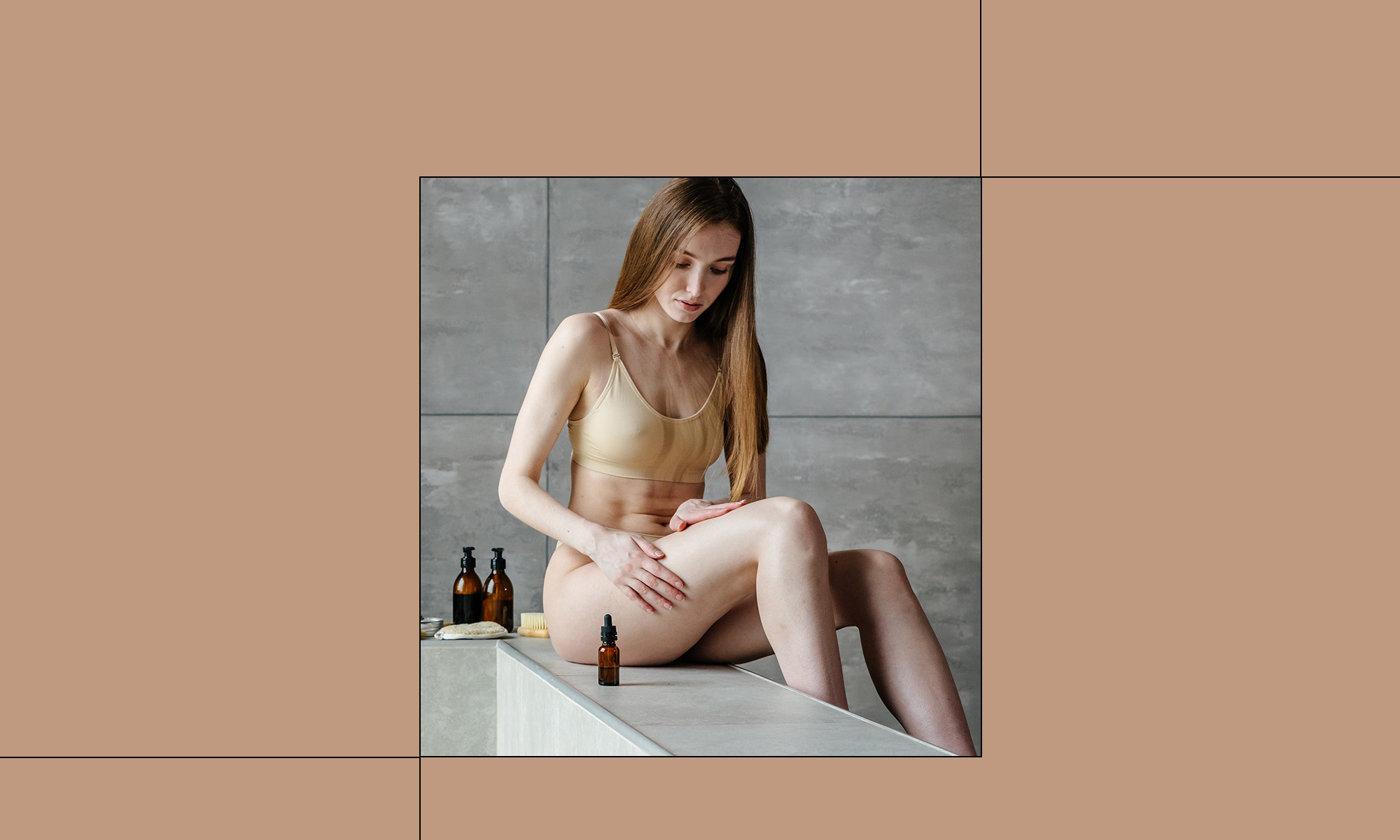A Derm's Must-Have Tip To Protect Your Skin From Poor Air Quality
Because your skin deserves the care.


mbg Assistant Beauty Editor
mbg Assistant Beauty Editor
Hannah Frye is the Assistant Beauty Editor at mindbodygreen. She has a B.S. in journalism and a minor in women’s, gender, and queer studies from California Polytechnic State University, San Luis Obispo. Hannah has written across lifestyle sections including health, wellness, sustainability, personal development, and more.
Image by Zoran Milich / Stocksy June 14, 2023 Our editors have independently chosen the products listed on this page. If you purchase something mentioned in this article, we may Poor air quality is top of mind for many people right now, as wildfire smoke recently made its way from Canada to the U.S. east coast. But even those in rural areas can experience increased air pollution from time to time, so it’s important we all understand the potential complications from particulate matter. While tending to your lungs and overall health is the most important, protecting your skin shouldn't be overlooked. After all, it’s your largest organ and should be treated as such. To come, one way to protect your skin from pollution you may not have thought of yet. 
Advertisement
This ad is displayed using third party content and we do not control its accessibility features.
How do free radicals affect the skin?
Pollution sparks free radicals. These molecules are created as normal byproducts of cell metabolism or by exposure to external sources like X-rays, air pollution, cigarette smoking, and pesticides.
Free radicals have an uneven number of electrons, which poses a problem—because electrons "like" to be in pairs. This means free radicals will steal electrons from healthy molecules to stabilize themselves. Then that molecule turns into a free radical, and the chain reaction continues.
When your skin gets exposed to these free radicals, it enters a state called oxidative stress, and a prolonged state of oxidative stress speeds up the skin aging process1.
Specifically, it contributes to the loss of collagen and elastin fibers, resulting in fine lines, sagging, and textural changes. It can also trigger dark spots for some.
But it's not just about these "signs of aging"—oxidative stress affects skin's basic functions: Oxidative stress is also involved in reduced barrier function, increased sensitivity, and decreased moisture.
Hence, why your skin may be more sensitive and dry during times of increased air pollution.
Why you should consume antioxidants for pollution defense
While there’s no way to completely shield your skin from air pollution's impact, you can strengthen its response. How so? By applying and ingesting antioxidants.*
Antioxidants are molecules that stabilize free radicals by donating an electron. This is important because antioxidants don't turn into free radicals after giving away an electron. Or, they might make free radicals harmless by breaking them down.
That's why it's crucial to consume an antioxidant-rich diet, says cosmetic dermatologist Michele Green, M.D. "Antioxidants protect the inner and outer skin from free radicals," she explains. "They [also] provide protection from the sun and aid in cellular repair.”
So while you may already be using a vitamin C serum, you might want to add an antioxidant supplement to your routine as well. It may not look like skin care on the surface, but what you eat is directly related to the health of your skin.
Look for ingredients like vitamin C, pomegranate extract, astaxanthin, and vitamin E. Our recommendation: mindbodygreen’s cellular beauty+.
This supercharged skin supplement contains tons of antioxidants including CoQ10, astaxanthin, pomegranate extract, as well as healthy skin aging staples like phytoceramides.*
This way, your skin cells will stay protected and prepared for anything, which will result in a brighter, healthier glow.*
Advertisement
This ad is displayed using third party content and we do not control its accessibility features.
The takeaway
Air pollution can throw your skin into a state of oxidative stress, which can contribute to accelerated skin aging, dryness, and increased sensitivity. To protect your skin, experts recommend ingest and apply antioxidants.* Want to learn even more about oxidative stress? Here’s our full guide.
If you are pregnant, breastfeeding, or taking medications, consult with your doctor before starting a supplement routine. It is always optimal to consult with a health care provider when considering what supplements are right for you.

 Koichiko
Koichiko 
































